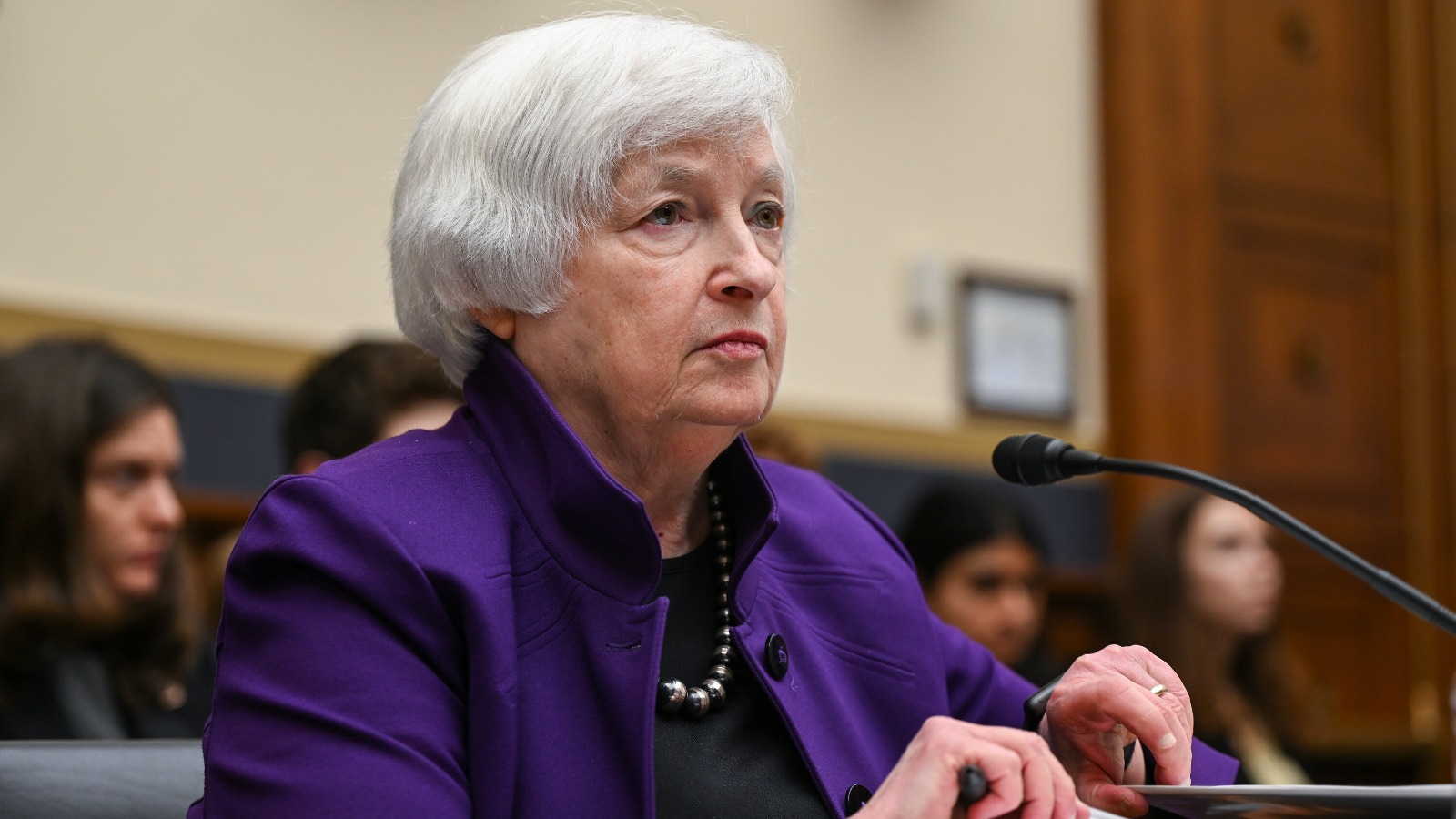In a compelling speech delivered at the Asia Society in Washington, U.S. Treasury Secretary Janet Yellen cautioned against the potentially “disastrous effects” of a complete decoupling of the American and Chinese economies. With only 10 days left before leaders from the Asia-Pacific Economic Cooperation (APEC) countries convene in San Francisco for their annual meeting, Yellen emphasized the importance of maintaining strong economic ties with the Indo-Pacific region.
Economic Interdependence Is Vital
Yellen stressed that the idea of a complete separation of economies or forcing countries to pick sides could lead to significant negative global repercussions. She acknowledged the United States’ historical connection to the Atlantic but emphasized that it has also long been a Pacific nation, with California serving as a clear example. The Golden State is home to a significant Asian immigrant population and has been at the forefront of competition and collaboration with Asia, primarily driven by Silicon Valley. This connection highlights the importance of maintaining economic ties between the U.S. and the Indo-Pacific.
Indo-Pacific: The Epicenter of Global Economy
According to Yellen, the Indo-Pacific region holds a pivotal role in the 21st-century global economy, housing half of the world’s population and generating around two-thirds of global growth. She dispelled any claims that America is turning away from the Indo-Pacific, reaffirming the U.S.’s commitment to deepening economic ties with the region. Yellen sees this engagement as having tremendous potential benefits for both the U.S. economy and the Indo-Pacific.
Key Priorities for U.S. Economic Strategy
The U.S. Treasury Secretary outlined three core priorities guiding America’s economic strategy in the Indo-Pacific region: increasing trade and investment, bolstering economic resilience, and cooperating on global challenges. Yellen emphasized the importance of securing national security interests and advancing human rights in the process. She noted that economic engagement in the Indo-Pacific is critical for strengthening supply chain security, particularly in light of the vulnerabilities exposed during the COVID-19 pandemic. The U.S. is diversifying its imports, relying less on a single country, such as China, and importing more from key partners like India, Vietnam, and Mexico.
Global Economic Implications:
Yellen’s comments come as the United States adjusts its approach towards China with a series of economic measures, including tariffs and technology export restrictions. Beijing has accused the U.S. of stifling its growth and impeding its rise on the global stage. The Center for Strategic and International Studies has reported that these export controls have had a significant impact on American industry, particularly in terms of the loss of market demand for advanced technology products in China and retaliatory measures by China. The Chinese government is actively encouraging domestic technology firms to source their inputs locally, which could pose a substantial threat to U.S. industry.
Notably, prominent tech companies like Nvidia and Advanced Micro Devices rely heavily on their sales to China, and long-term restrictions on trade with China are expected to impact their businesses and financial results. Yellen also mentioned the launch of Economic and Financial Working Groups during her July visit to Beijing, highlighting ongoing efforts to foster cooperation and stability in the economic relationship between the two nations.
In conclusion, U.S. Treasury Secretary Janet Yellen’s speech underscores the significance of maintaining strong economic ties with the Indo-Pacific region and the potential dangers of an abrupt decoupling between the American and Chinese economies. Her message resonates on the global stage as the U.S. navigates its evolving relationship with China, while also emphasizing the importance of supply chain security and cooperation on a range of economic and global challenges.















